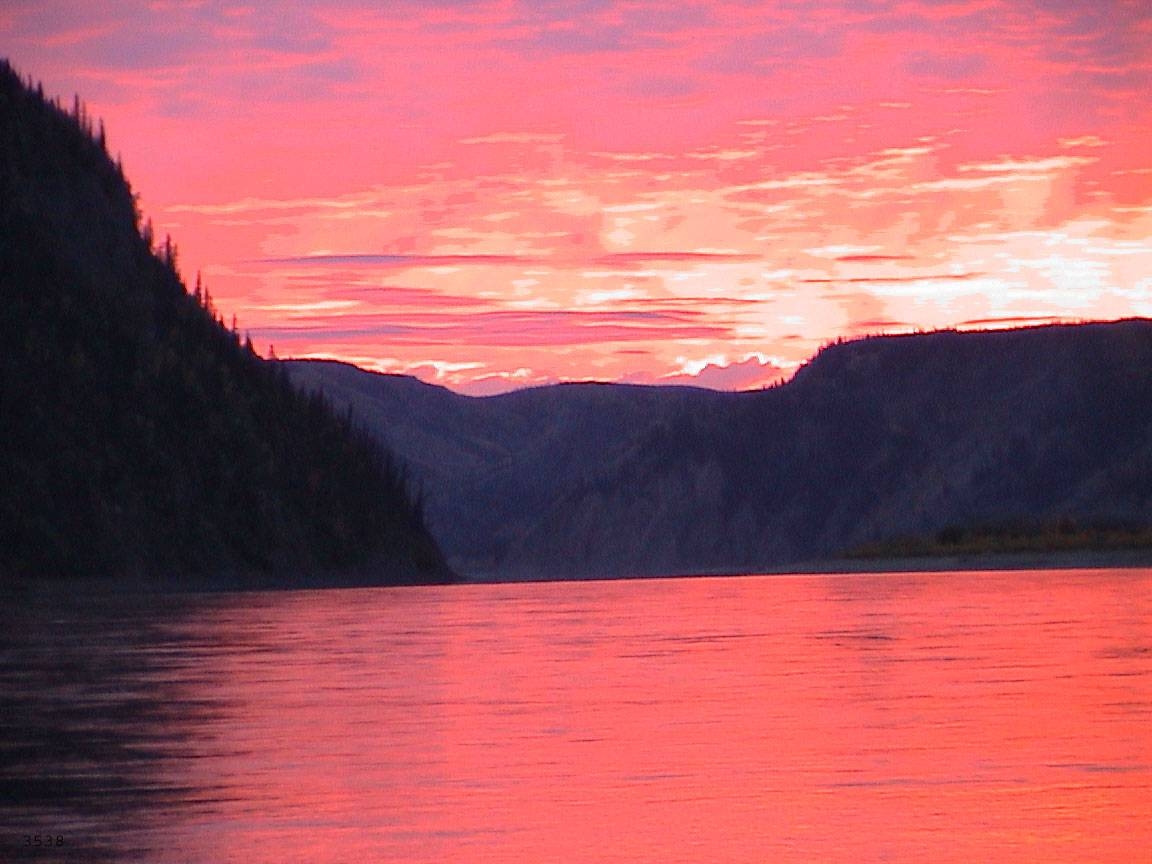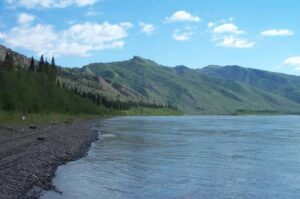
Wilde and Sturgeon: Appeals Court Decides in Favor of the National Park Service
The Ninth Circuit Court of Appeals upheld the authority of the National Park Service to protect resources within its boundaries in two decisions released in early October. Argued in August in Anchorage, the two cases involved actions that occurred within Yukon-Charley Rivers National Preserve. At the core of both cases, one criminal and the other civil, is the question of authority over navigable rivers that run through federal public lands.
Trustees for Alaska attorneys represented the National Parks Conservation Association as amicus curiae, or friend of the court. Jim Stratton, Deputy Vice President of Regional Operations, National Parks Conservation Association said of the decisions, “The National Parks Conservation Association is pleased that the Ninth Circuit today rejected the State of Alaska’s attempts to thwart the National Park Service’s ability to enforce public safety and other regulations inside park boundaries.”
Although both appeals were brought by private parties, the State of Alaska participated, attempting to limit National Park Service authority over navigable rivers within park boundaries. The State argued that its ownership of submerged lands translated to exclusive control of the waters overlying those submerged lands. Trustees argued in favor of the National Park Service’s long-standing authority to regulate rivers to protect park resources. The Ninth Circuit rejected the State’s arguments, holding that the Park Service can continue to regulate activities within park boundaries.
The first of the two cases arose after an incident in September 2010 between National Park Service rangers and Jim Wilde, who refused to let the rangers board his boat on the Yukon River for a boat safety check. Wilde resisted and the rangers arrested him. His case became a rallying point for anti-federal, states’ rights conservatives. The Ninth Circuit decision upheld the initial decisions by a magistrate judge and a district court judge against Wilde.
The second case arose in 2011 when John Sturgeon, an acquaintance of Wilde, contested the National Park Service’s enforcement of a ban on the use of hovercraft within the preserve. Sturgeon was cited by the National Park Service in 2007 when he was found using his hovercraft to access moose hunting grounds along the Nation River within Yukon-Charley Rivers National Preserve. The National Park Service bans the use of hovercraft on all of its public lands. Like Wilde, Sturgeon was unsuccessful in district court before he appealed to the Ninth Circuit.
The Ninth Circuit decision upholding the Park Service’s ability to regulate activities is a significant win for Alaska’s National Parks. The parties have until November 5 to seek additional appellate review before the Ninth Circuit.
Court Decision in the Wilde Case
Court Decision in the Sturgeon Case
Support our work to protect Alaska’s public lands. Donate now



